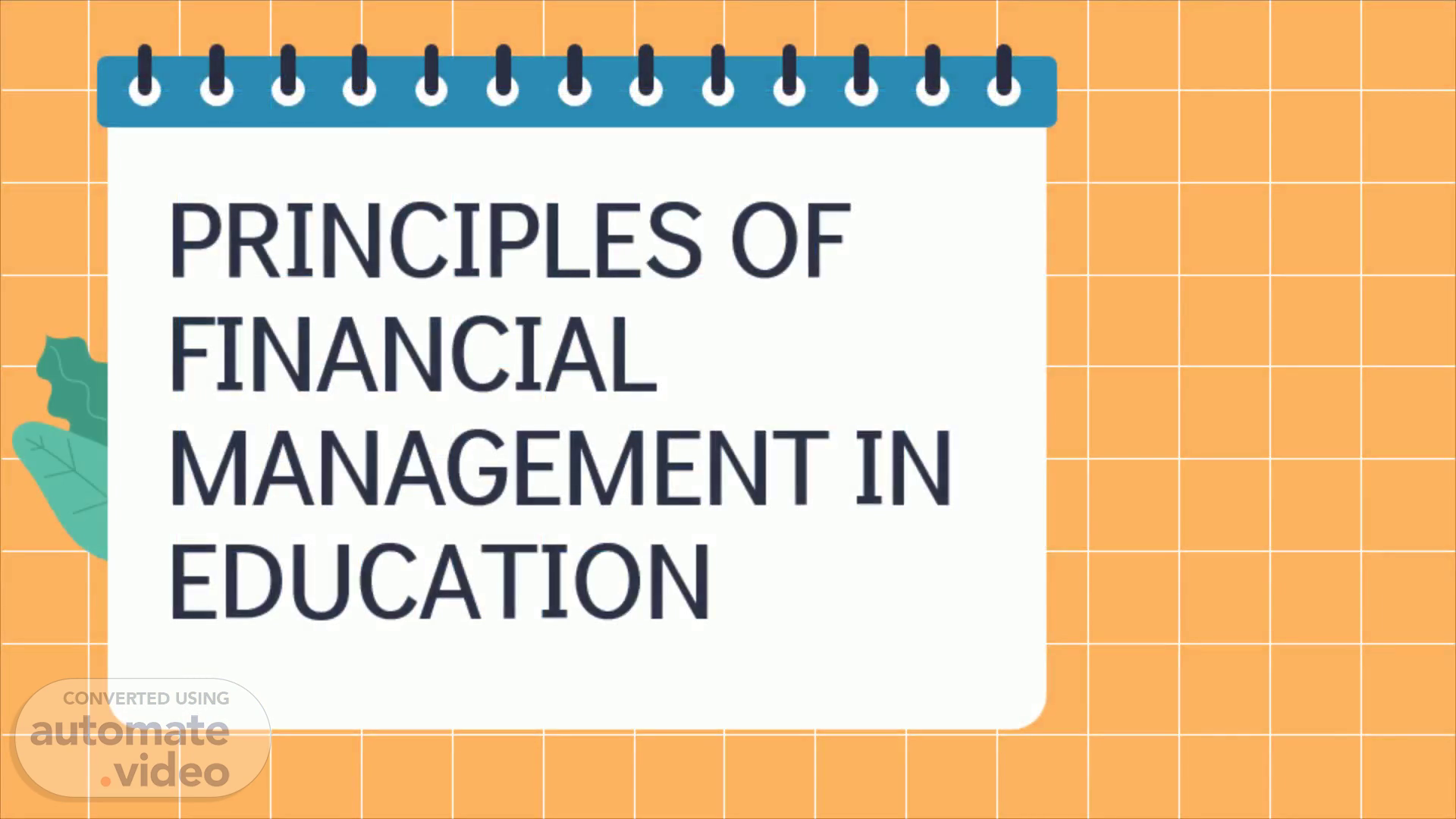
PRINCIPLES OF FINANCIAL MANAGEMENT IN EDUCATION
Scene 1 (0s)
PRINCIPLES OF FINANCIAL MANAGEMENT IN EDUCATION.
Scene 2 (13s)
PRINCIPLES OF FINANCIAL MANAGEMENT IN EDUCATION. 2.TRANSPARENCY.
Scene 3 (43s)
1.CONSISTENCY. •It implies that an organization must refrain from changing its accounting policy unless on reasonable grounds..
Scene 4 (2m 12s)
2.TRANSPARENCY. •Transparency principle means that the statement or information provided should be user friendly and clear, everything should properly be disclosed, fully and freely available to the public, and that should be easily understandable..
Scene 5 (3m 20s)
3.ACCOUNTABILITY. •It is moral and legal duty placed on an individual, group or organization to explain how funds, equipment or authority given has been used..
Scene 6 (5m 24s)
4.VIABILITY. •To be financial viable, an organization spending must be kept in balance with the money coming in, both at the operational and the strategic levels..
Scene 7 (6m 38s)
5.STEWARDSHIP. • Financial stewardship involves taking good care of the financial resource we are entrusted with. • To make sure they are used for the purpose intended..
Scene 8 (8m 6s)
6.INTEGRITY. • The integrity of any organization financial records and reports are dependent on accuracy and completeness of its financial records..
Scene 9 (9m 53s)
7.ACCOUNTING STANDARD. • it is a common set of principles standards and procedures that define the basis of financial accounting policies and practices..
Scene 10 (11m 34s)
THANK YOU. Presenter: JERALYN F. MACA.